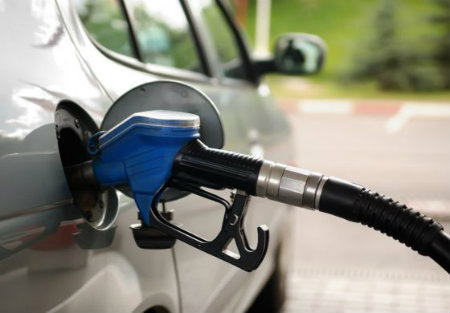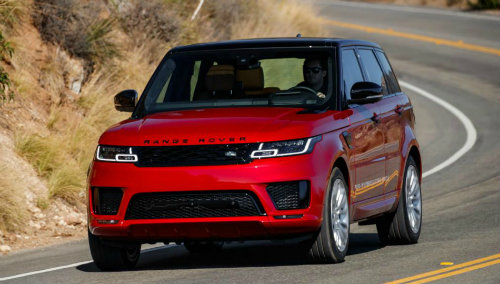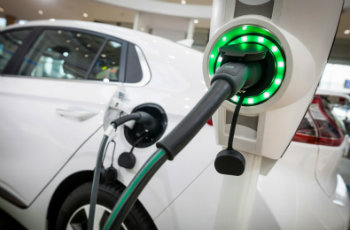We understand the car-buying process can be both daunting and stressful. There are many factors to consider when choosing the right car for you, things like what body type, colour or the type of fuel.
The fuel type you choose in today’s environment can be a major influence over your final decision, due to the growing concern about air quality in cities, also amongst the changes to emissions regulations and engine design.
Throughout the years, fossil-fuel based options like petrol and diesel have been the most popular choice. However, the cleaner alternatives, like electric and plug-in hybrid have been a growing success over the past year due to the announcement of the ban on all diesel and petrol cars from 2040.
We go through the points for and against and gather up a conclusion for who each fuel type is better suited to.
Petrol vs Diesel
Throughout the years, fossil-fuel based options like petrol and diesel have been the most popular choice. However, the cleaner alternatives, like electric and plug-in hybrid have been a growing success over the past year due to the announcement of the ban on all diesel and petrol cars from 2040.
We go through the points for and against and gather up a conclusion for who each fuel type is better suited to.
Petrol vs Diesel

- Petrol cars use more fuel than diesel, thereby they produce more carbon dioxide. However, diesel cars produce more toxic emissions depending on the “Euro” standard which was applied at the start of the car’s production.
- Petrol and diesel servicing costs are alike, as they both require servicing (in particular an oil change) at least once a year, depending on the number of miles travelled.
- Diesels have a narrower rev range, although deliver a lot of torque. Therefore, they are better suited for towing purposes and if you travel on motorways or hills where fewer gear changes may be necessary.
- Petrol is known to be slightly cheaper, but diesel’s better fuel economy can lead to improved annual savings.
- Majority of pre-2015 diesel models have a more likely chance of seeing charges or being restricted from entering major cities.
 This type of engine is powered by either a petrol or diesel engine, with electric motors and a battery pack which can be charged externally. Giving them a limited, but practical range in electric-only mode.
This type of engine is powered by either a petrol or diesel engine, with electric motors and a battery pack which can be charged externally. Giving them a limited, but practical range in electric-only mode.
- During stop, start driving the battery is also charged by the engine and a process named “regenerative braking” – this decreases the speed of the car down by converting kinetic energy into stored electrical energy.
- When travelling at high speeds, the battery/electric motor can possibly assist the engine.
- Plug-in Hybrid Electric Vehicles (PHEV’s) approved as an ultra-low emission vehicle by the Office for Low Emission Vehicles qualify for the London Congestion Charge Ultra Low Emission Discount (ULED).
 Electric vehicles (EV’s) are labelled as great vehicles to have in towns and cities, due to their zero emissions at the point of use. However, their limited range and the need to plug into recharge means it will not be suitable for everyone.
Electric vehicles (EV’s) are labelled as great vehicles to have in towns and cities, due to their zero emissions at the point of use. However, their limited range and the need to plug into recharge means it will not be suitable for everyone.
- Through the past year, manufacturers and external companies have worked together to improve their range in battery and charging technology.
- The Government have become involved with the advancement of electric cars, and have committed to improving the availability of recharging points.
- Electric vehicles qualify for the London Congestion Charge Ultra Low Emission Discount (ULED).
To conclude what is the best fuel type for you?
We believe if you know you cover a high mileage and use motorways for your daily commute, a diesel with a Diesel Particulate Filter (DPF) is a practical option for now. However, if you take a lot of short journeys on local roads, petrol is more suitable than diesel, because DPF’s aren’t fond of short journeys, due to them being likely to become blocked up.
If you are situated in a large town or big city, an EV or PHEV could be the better choice for you, especially if there are low emission zones. Although, if you are outside of a town or city, it might not be necessary to choose an EV or PHEV, as it all depends on how far you drive and the access you have to recharge points.
We hope you now know the best fuel type for you.
For more CarCliq Guides, click here.
We believe if you know you cover a high mileage and use motorways for your daily commute, a diesel with a Diesel Particulate Filter (DPF) is a practical option for now. However, if you take a lot of short journeys on local roads, petrol is more suitable than diesel, because DPF’s aren’t fond of short journeys, due to them being likely to become blocked up.
If you are situated in a large town or big city, an EV or PHEV could be the better choice for you, especially if there are low emission zones. Although, if you are outside of a town or city, it might not be necessary to choose an EV or PHEV, as it all depends on how far you drive and the access you have to recharge points.
We hope you now know the best fuel type for you.
For more CarCliq Guides, click here.